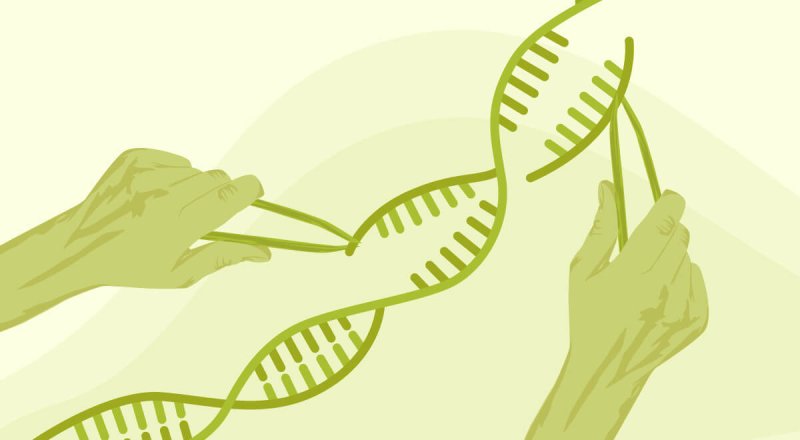Plant diseases alone cause around 40% of global crop losses, and their emergence and re-emergence have always remained an alarming concern (216).
[Editor’s note: The above claim is contested. The generally accepted figure is that losses of up to 40% are caused by diseases and pests, and even that number has been challenged as it’s based on a 1997 paper that itself was contested, and is now 25 years old].
Recently, a series of new emerging viral diseases in crops, along with rapidly emerging or re-emerging viral pathogens, has caused a global concern, the reason for which ranges from dynamic cropping practices, free global trade, to the introduction of infected germplasm coupled with the ability of viruses to evolve and adapt rapidly (6).
Such events of host shift cause major impediments to crop productivity and affect food security. Therefore, to tackle these, newer and more efficient techniques are utilized across the world.
However, conventional breeding along with molecular techniques have been used for increasing crop production in the past. Recently, the advent of gene editing techniques has opened new avenues for a better outcome.
The CRISPR-Cas system, among gene-editing techniques, is the most powerful tool to achieve the targeted editing in genomes through faster and precise means.
The current coronavirus disease-2019 (COVID-19) pandemic, in addition to the currently visible effects, might also put a negative effect on food security and nutrition in the long run. Thus, potential futuristic applications of the CRISPR tool will be to tackle the emerging and re-emerging viruses through targeted gene editing.































